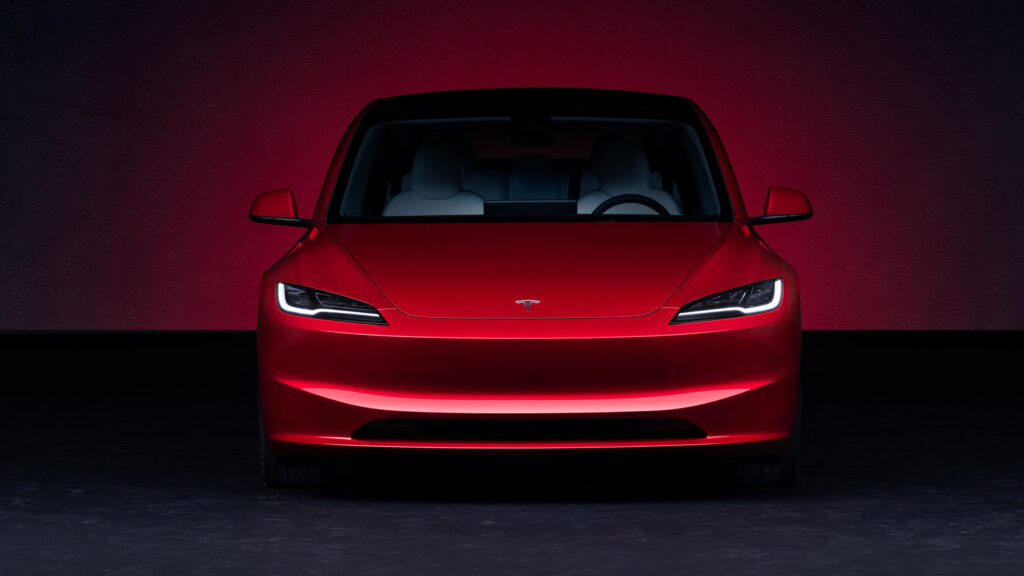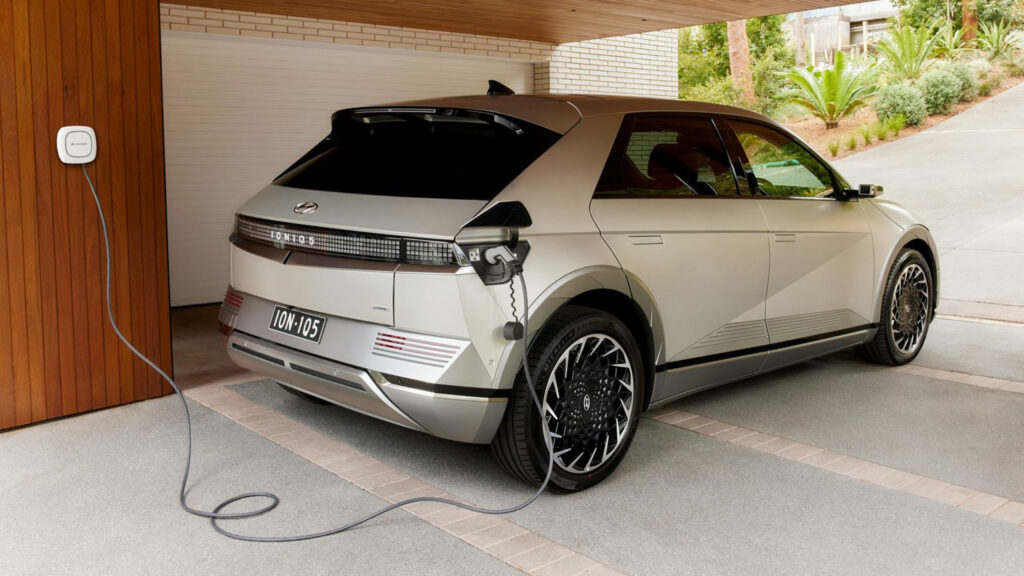- Seoul’s new rules will ban EVs charged over 90% from underground parking by late September.
- The regulations follow a recent fire where a Mercedes-Benz EQE ignited in a parking garage.
- EV experts say there’s no evidence EVs with fully charged batteries pose a greater fire risk.
Authorities in Seoul are so concerned with the risk of EVs catching fire that they are preparing new rules that will prevent those with a battery charged over 90% from entering underground parking garages.
Earlier this month, a Mercedes-Benz EQE burst into flames while parked in an underground parking garage at an apartment complex, triggering an inferno that local media estimates damaged 880 nearby vehicles and left 1,600 households without electricity and water for a week. To try to avoid similar incidents in the future, the Seoul Metropolitan Government is stepping in.
Read: South Korea To Hold Emergency Meeting On EV Fires After Mercedes EQE Causes Huge Blaze
In addition to restricting access to underground garages to EVs that have been charged to less than 90%, the new rules will enforce a charging limit of 80% on rapid charges through South Korea’s capital city. There are also plans in place to enforce this charging cap on privately-operated chargers. Korea JoongAng Daily says the rules could come into effect by the end of September.
Many EV experts in the country object to the rules. According to Professor Yoon Won-sub, who heads a battery research center run by Sungkyunkwan University and Samsung SDI, there’s no evidence that fully-charged batteries pose a greater risk of catching fire.
“Excessive charging isn’t the governing factor with a fire,” he said. “EVs, from the start, are designed to never reach a full charge, even if the dashboard says they are 100 percent. It’s an unproven argument that batteries carry a higher fire risk when fully charged. “It seems a bit like a ‘witch hunt’ blocking EV owners with cars charged 90 percent from entering underground parking lots. It’s essential to come up with suitable countermeasures after a thorough discussion among experts.”
Of the 139 electric vehicle fires reported in South Korea over the past three years, only 26 have occurred while a car was charging. By comparison, 68 fires started when a vehicle was driving, while another 36 occurred when an EV was parked. In the case of the EQE which spontaneously combusted, it was parked and was not charging.
EV owners aren’t happy, either. By capping charging, the government will effectively reduce the useable range of all EVs.
“If gasoline-powered cars catch fire, will the government limit fueling to 90 percent?” one Tesla owner wrote on a Korean social media site. “I can’t understand how the government came up with such numbers like 80 and 90 percent; based on what proven data? If it’s that dangerous, why has the government encouraged people to buy EVs in the first place?”




